
Exciting new series on “Voice, Body and Movement for Lawyers – How to connect with the jury and find Justice Through Dramatic Technique!”
Click here to find out more
This program is designed to be a practical, rule-based discussion of ethical issues that all personal injury lawyers face. It will discuss Model Rules 1.1, 1.15, 3.3, 3.4, while addressing competence, liens, fairness to opposing counsel, and candor to the tribunal.
The program is geared toward lawyers with personal injury practices in need of ethics credits. Learning objectives include recognition of competence concerns, development of strategies to avoid lien issues, and application of litmus tests for interaction with opposing counsel and tribunals.
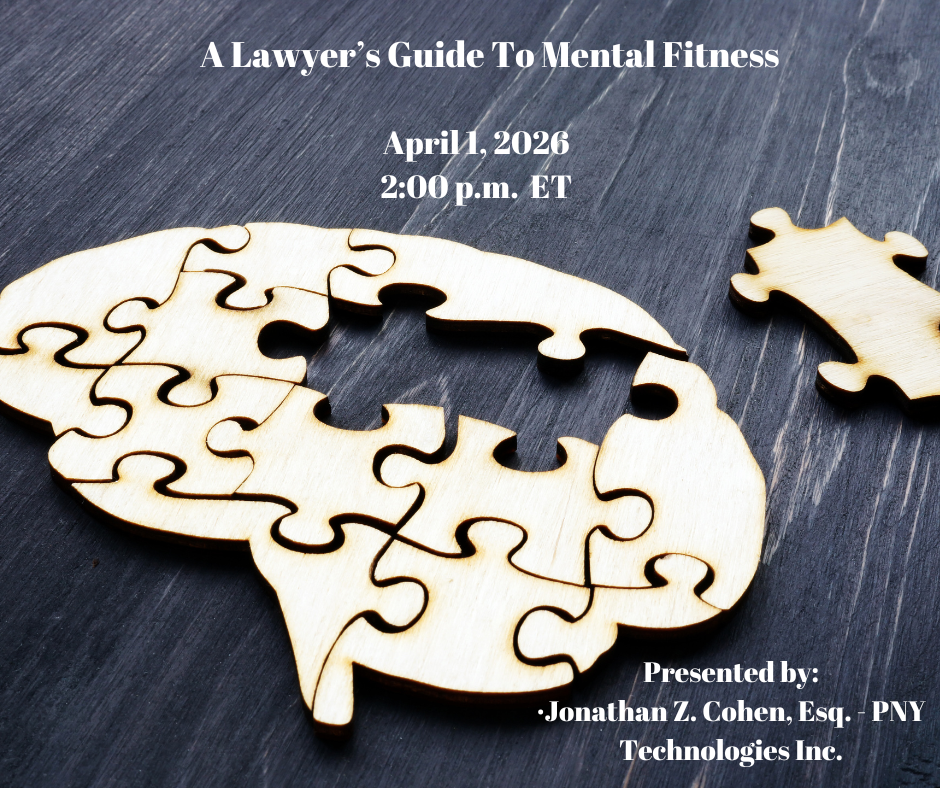
‘A Lawyer’s Guide To Mental Fitness’ is a seminar designed to equip professionals ...
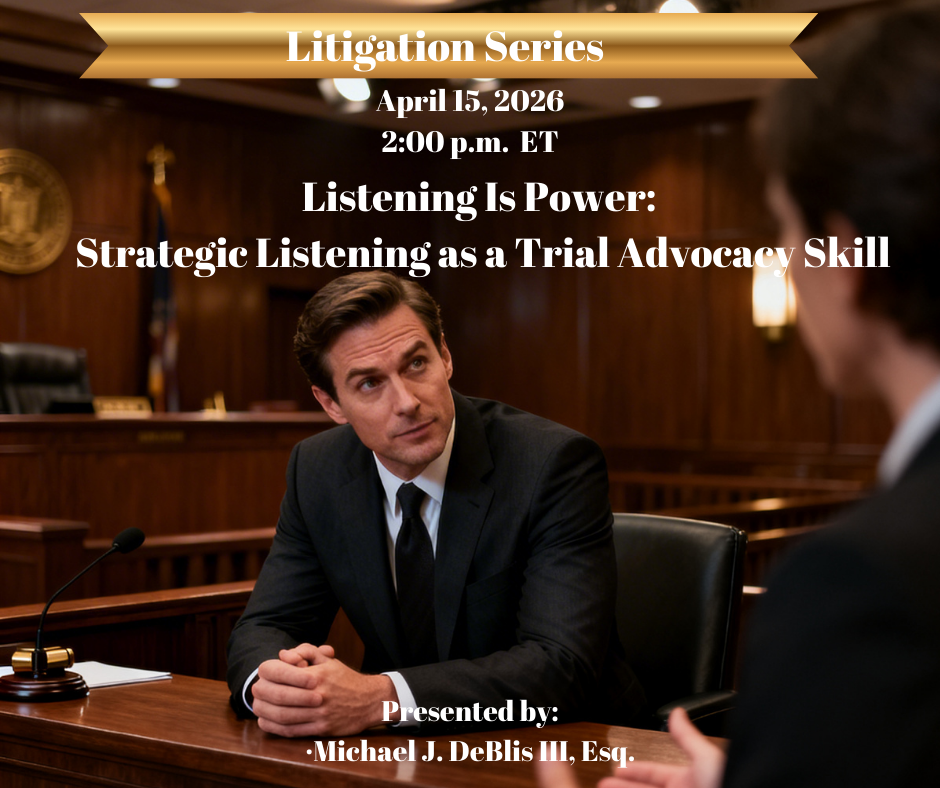
This program examines listening as an active, strategic trial advocacy skill rather than a passive c...
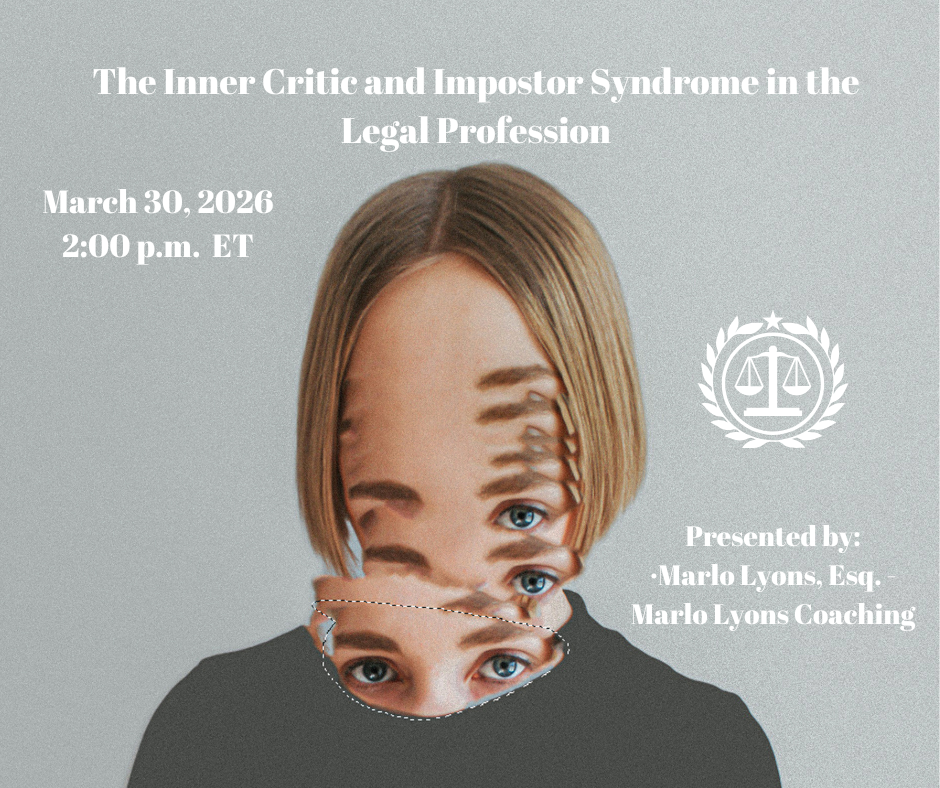
In high-stakes, high-pressure environments like the legal field, even the most accomplished professi...
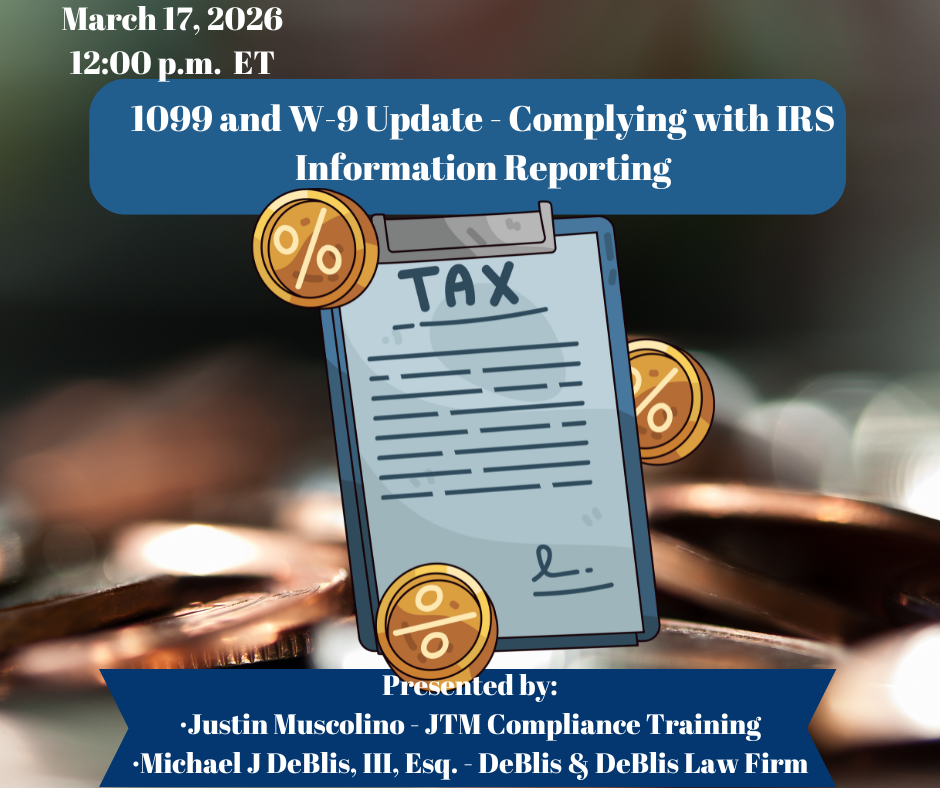
This CLE program covers the most recent changes affecting IRS information reporting, with emphasis o...
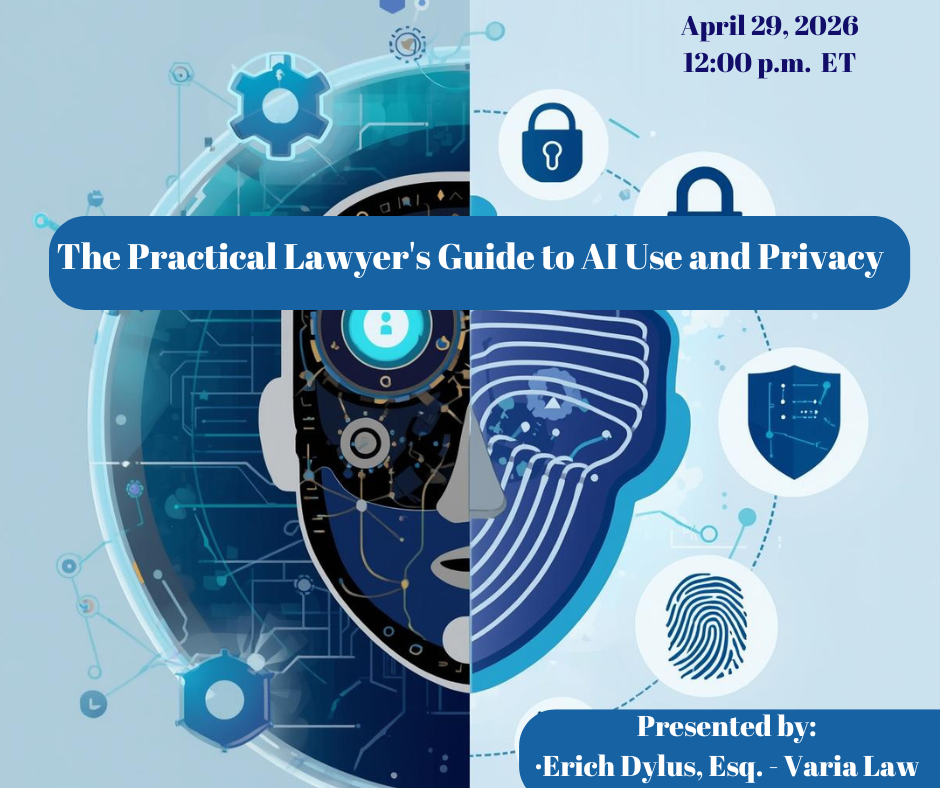
Review the basic software concepts and effective uses of generative AI, prompting strategies, and me...

United States patent law and the United States Patent and Trademark Office’s patent-related gu...

This companion program to Part 1 goes deeper into the rhetorical power of Shakespeare, emphasizing h...
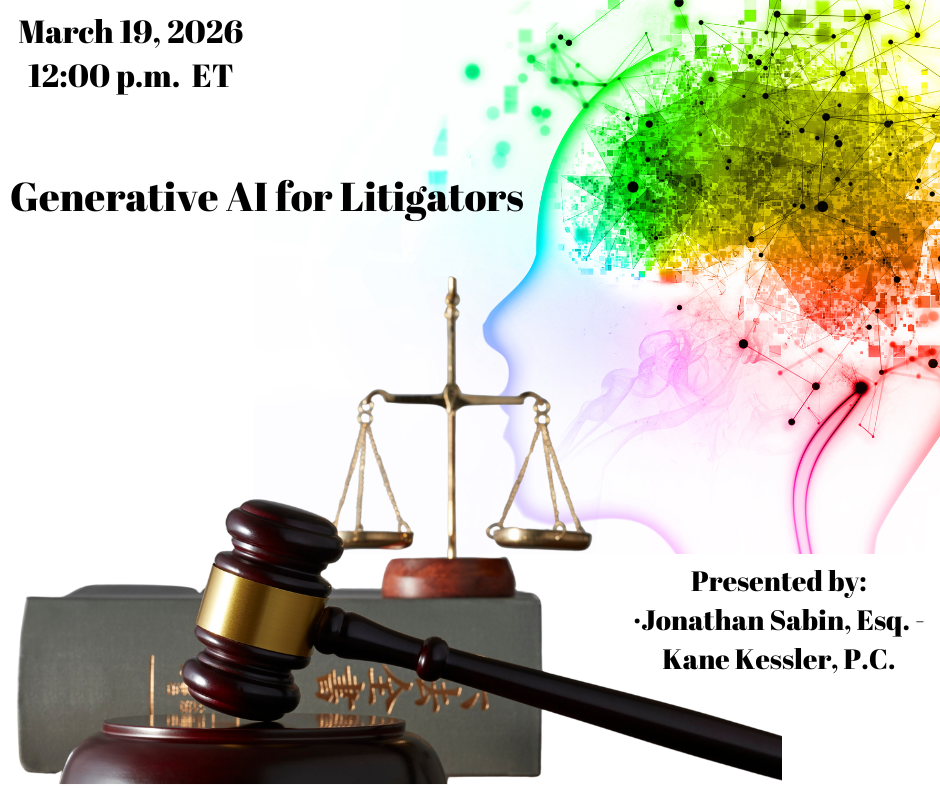
Explore the transformative potential of generative AI in modern litigation. “Generative AI for...

Part II builds on the foundation established in Part I by examining how classical rhetorical styles ...
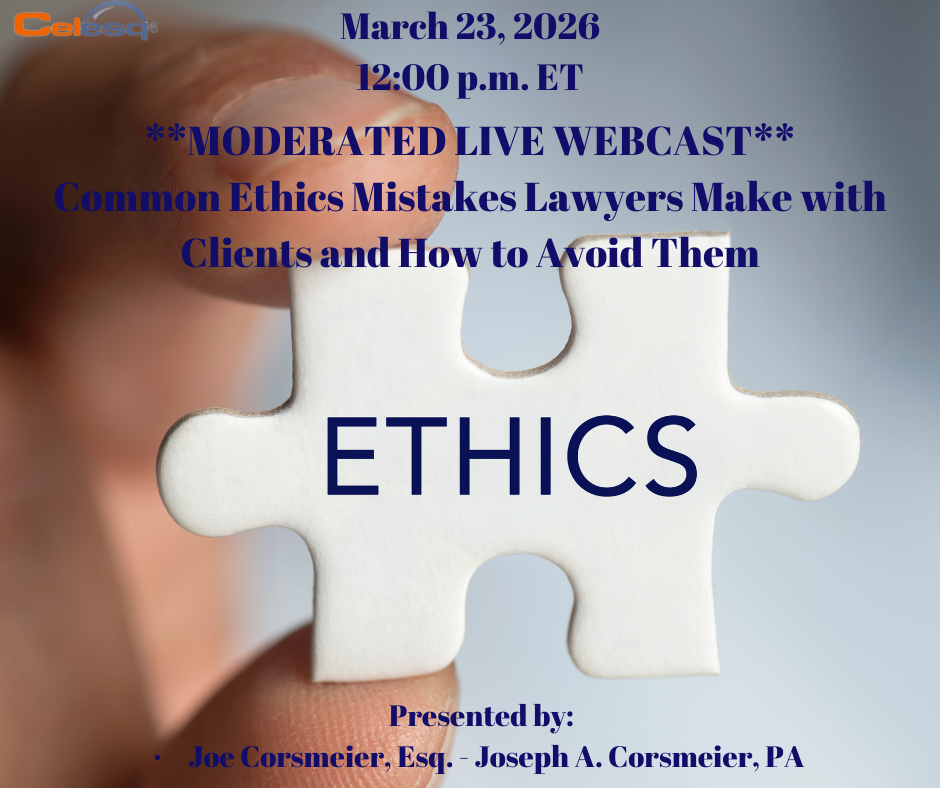
Many lawyers may not fully understand the Bar rules and ethical considerations regarding client repr...